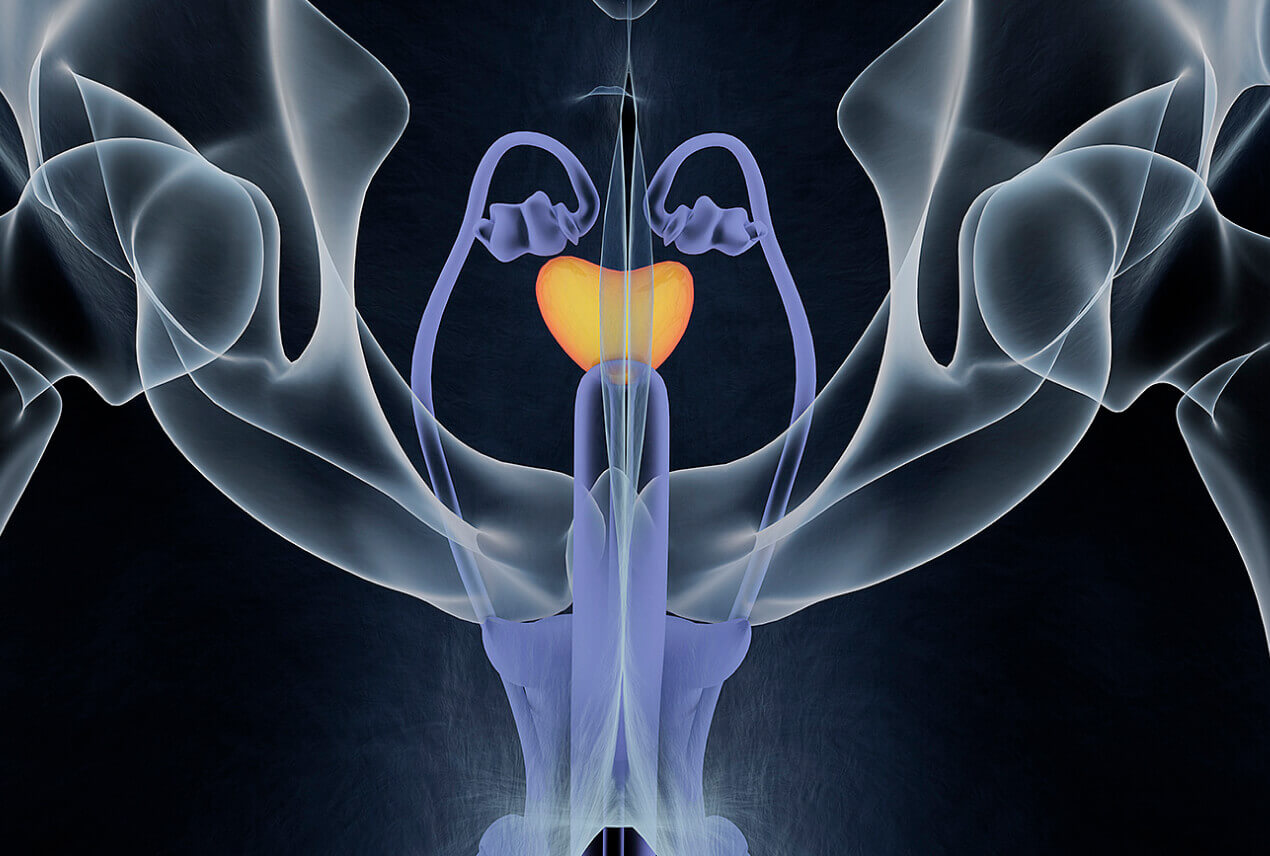Benign prostatic hyperplasia (BPH) is a common condition that often affects men as they age. For men who develop BPH—also known as an enlarged prostate—the prostate gland continues to grow to an abnormal size. It's not the same as prostatitis or prostate cancer and it's not lethal, but BPH can cause quality-of-life issues.
The prostate gland sits just below the bladder and surrounds the initial part of the urethra just where it leaves the bladder. When a man has an enlarged prostate and it gets severe enough, it can restrict the flow of urine out of the bladder and cause issues with ejaculation.













